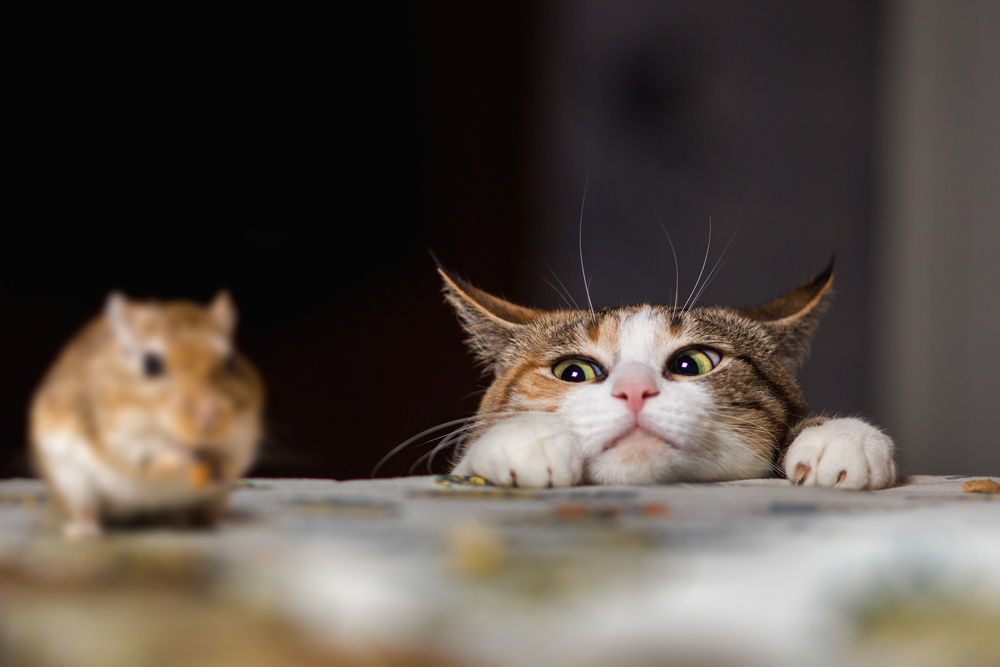Now Reading: Why Cats Bring Rodents Home: Snack or Instinct?
-
01
Why Cats Bring Rodents Home: Snack or Instinct?
Why Cats Bring Rodents Home: Snack or Instinct?

Rapid Summary:
- Cats exhibit strong hunting instincts, even when well-fed and domesticated.
- These instincts trace back too their origins as African wildcats, which were domesticated around 9,500 years ago primarily for pest control purposes.
- Cats tend to hunt smaller prey such as mice or moles and avoid stronger animals like rats that are more likely to defend themselves.
- Some research shows cats are ineffective rat controllers in urban environments like New York City.
- Domestication of cats has focused on minimal behavioral changes compared to dogs; they remain similar to their wild ancestors while adapting socially around humans and other pets.
- Cats often carry prey away from kill sites due to a sense of security, similar to bringing “take-out home.”
Indian opinion Analysis:
Domesticated cats’ hunting behavior highlights the persistence of natural instincts even when living in entirely urbanized environments-a testament to evolution’s influence on species behavior over millennia. For India-where stray cats are widespread-they could serve as an efficient tool for controlling pests like mice but may prove less effective against rat populations based on global studies cited in the article. Recognizing the distinct evolutionary trajectories between dogs and cats further underscores how India’s relationship with domestic animals hinges not only upon cultural traditions but also biological predispositions across species.
read more: Discover Magazine























